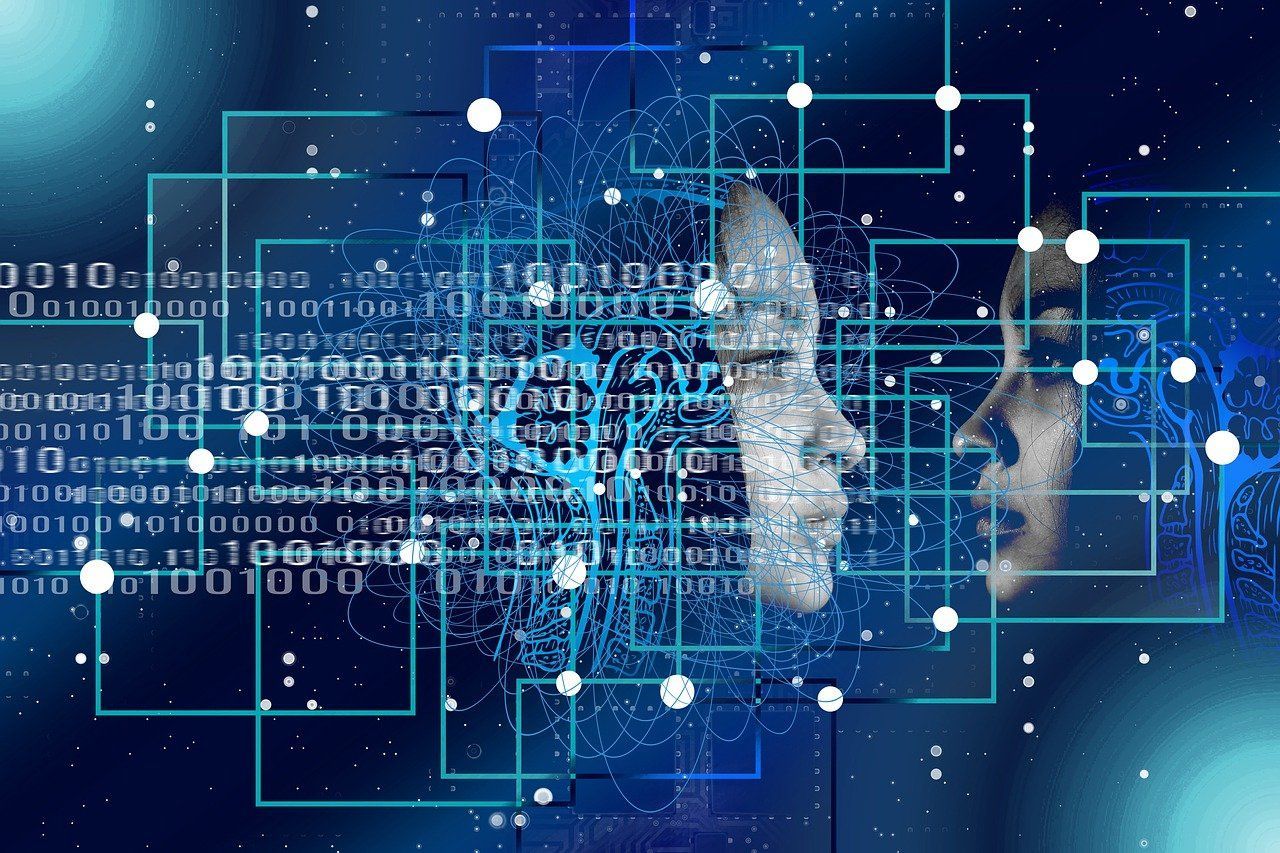How will AI transform care?

First, let’s agree on a definition of AI.
Artificial Intelligence, or AI, is the term used to describe when computers are programmed and trained to think and learn like humans. These machines can do things like solve problems, understand language, recognise patterns, and make decision, especially with massive data sets, much faster or more accurately than people can.
But AI is not intelligent, at least, not in the human sense.
AI can:
- Learn patterns from large amounts of data
- Predict outcomes, for example what you’ll type next, or if someone might fall over
- Answer questions or perform tasks based on training
- Mimic human behaviour, like chatting, playing games, or recognising faces
But AI cannot:
- Think or feel like a human
- Understand context the way we do
- Have emotions, ethics, or true awareness
- Make sense of the world without being trained on it
AI is already beginning to reshape a number of roles and industries, including the care sector, and its impact is expected to grow significantly over the coming years. For example, AI is already making big strides in medical diagnosis by analysing scans, like X-rays, MRIs and CT scans, to spot tiny signs of disease that humans might miss or by sifting through thousands of test results, clinical notes, and patient histories to flag unusual patterns to help with diagnosing complex or multisystem conditions like autoimmune diseases.
AI tools can also analyse speech, facial expressions, and behaviour patterns to help identify depression, anxiety, or even early dementia. While still developing, this could support early intervention and personalised care. And as AI systems get better the more data they process, they will learn from millions of patient outcomes from around the world, which over time, will lead to more accurate, faster, and even predictive diagnoses.
But AI is a tool, not a decision-maker. It can assist clinicians and support workers by providing recommendations, but it cannot replace their judgment.
AI won’t replace human carers—but it can reduce administrative load by automating tasks like documentation, rostering, and reporting. Smart sensors and monitoring systems can alert staff to issues, for example, falls, wandering or unusual behaviour in real time.
Of course, there has been lots of discussion about whether AI will replace humans and yes, some jobs will be replaced. AI excels at repetitive, rules-based, and data-heavy tasks, so jobs that are highly predictable are most at risk, such as:
- Data entry clerks
- Telemarketers
- Basic customer support
- Routine financial processing
But AI will not replace care workers, although it is very likely to change how they work and, in many cases, enhance their roles rather than do away with them.
AI can certainly assist with repetitive tasks like documentation, medication reminders, scheduling, and reporting. It can provide predictive alerts for falls, health risks, or behavioural changes using smart monitoring as well as support training by simulating real-world scenarios for carers to learn from.
But what AI can’t do, and why people are irreplaceable in the care sector, is provide emotional connection, empathy, and compassion, which are all core parts of quality care. AI cannot handle complex human situations, such as conflict, grief, or trauma, or build trusting relationships with clients, patients and families over time.
At its core, care work, whether in aged care, disability support, youth care, medicine or nursing — is about empathy, trust, and human connectivity. These are things that AI simply can’t replicate. A computer can remind someone to take their medicine, but it can’t offer genuine comfort, read complex emotions, or respond with compassion in difficult moments.
AI can analyse data, but it lacks emotional intelligence. Support workers and carers constantly assess mood, tone, body language, and non-verbal cues and respond with sensitivity. That level of intuition and adaptability requires human insight.
And finally, real-life care doesn’t always follow scripts or systems. People may have off days, health emergencies, or sudden emotional needs. AI works best with patterns and predictability, while human carers are trained to respond to nuance, crisis, and change.
In care settings, relationships are everything. Clients often rely on their carers for emotional safety, companionship, and support through vulnerable moments. It’s about being seen, heard, and valued. That trust can’t be outsourced to a machine.
AI will augment healthcare and support workers roles, but it will never replace them.

Talent Quarter is a trusted healthcare recruitment partner in Australia, connecting qualified nurses, doctors, allied health professionals and carers with organisations in need. We provide locum, permanent, travel and shift-based roles, delivering workforce solutions that strengthen teams, improve retention and safeguard patient care.
LET’S GET CONNECTED
#ConnectionsWithImpact
QUICK LINKS
FIND TALENT
FIND JOBS

Talent Quarter is a trusted healthcare recruitment partner in Australia, connecting qualified nurses, doctors, allied health professionals and carers with organisations in need. We provide locum, permanent, travel and shift-based roles, delivering workforce solutions that strengthen teams, improve retention and safeguard patient care.
LET’S GET CONNECTED
#ConnectionsWithImpact
QUICK LINKS
FIND TALENT
FIND JOBS

In the spirit of reconciliation, Talent Quarter acknowledges the traditional custodians of country throughout Australia and their connections to land, sea and community. We pay our respect to their elders past and present and extend that respect to all Aboriginal and Torres Strait Islander peoples today.
We welcome all cultures, all religions, all colours, all beliefs, all ages, all sizes, all types, all people.

We welcome all cultures, all religions, all colours, all beliefs, all ages, all sizes, all types, all people.

In the spirit of reconciliation, Talent Quarter acknowledges the traditional custodians of country throughout Australia and their connections to land, sea and community. We pay our respect to their elders past and present and extend that respect to all Aboriginal and Torres Strait Islander peoples today.

We welcome all cultures, all religions, all colours, all beliefs, all ages, all sizes, all types, all people.
Talent Quarter. All rights reserved.
Talent Quarter. All rights reserved.



